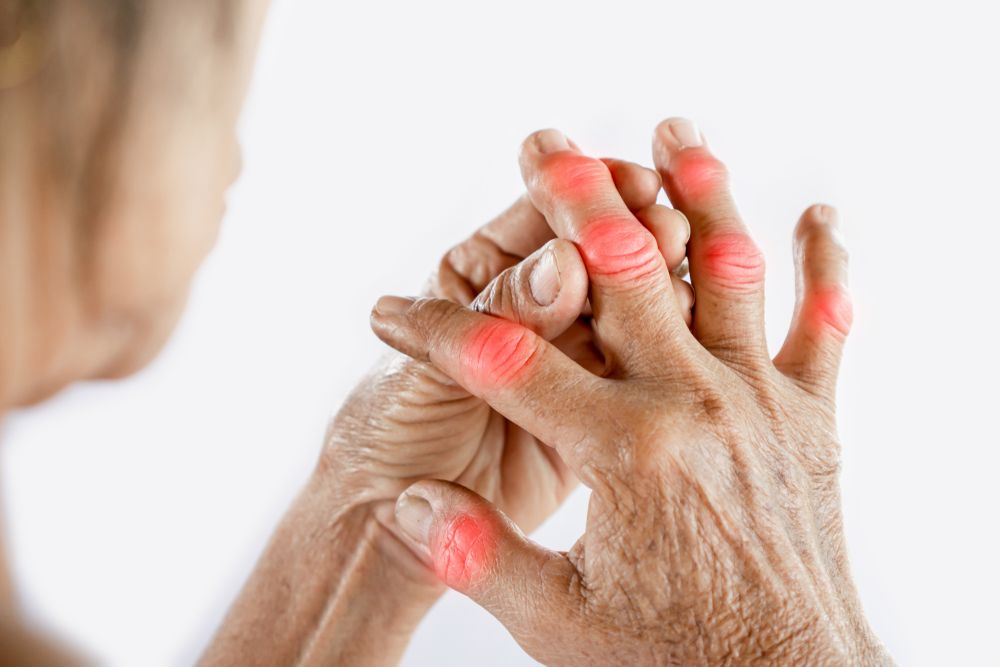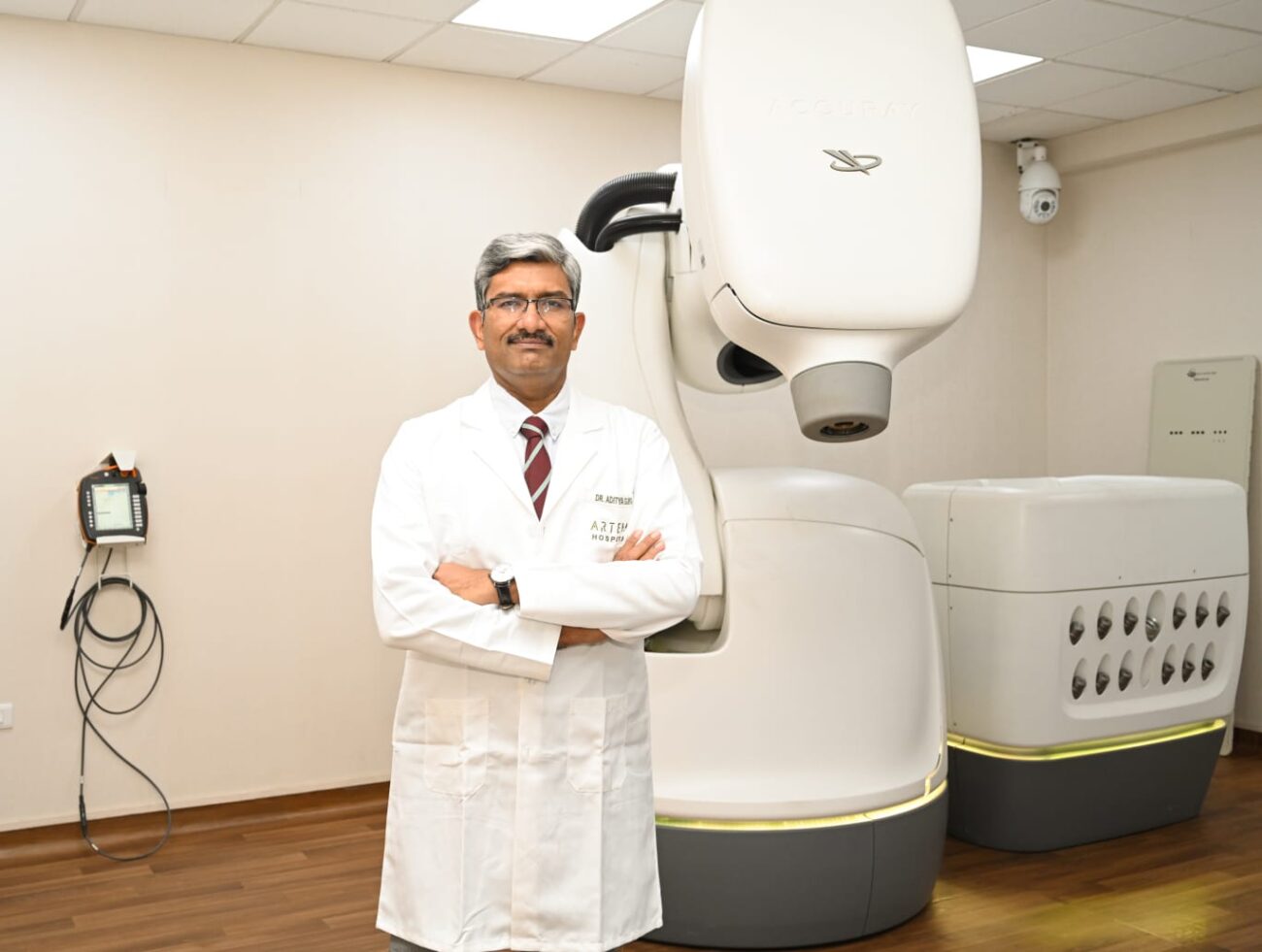Experts Dubs Arthritis as Silent Epidemic and Impacting Lives More than Major Diseases; Call for Detecting Signs Early
In view of alarming rise of arthritis globally and India, experts have referred arthritis as silent epidemic and called for avoiding delayed diagnosis while emphasizing for detecting the disease early to prevent irreversible harm. According

In view of alarming rise of arthritis globally and India, experts have referred arthritis as silent epidemic and called for avoiding delayed diagnosis while emphasizing for detecting the disease early to prevent irreversible harm. According to them, arthritis prevalence is expected to increase alarmingly and only higher level of awareness on early diagnosis and treatment of the disease will help to reduce the future impact of the disease in India too.
Experts warn that Arthritis, often considered a disease of the elderly, has become one of the most widespread health conditions globally, surpassing even chronic ailments like diabetes, AIDS, cardiovascular diseases, and cancer in terms of the number of people affected. The impact of arthritis extends beyond physical pain, often influencing emotional and mental health, and neurological implications are becoming increasingly recognized.
Dr. Aashish Chaudhry, Director and Head- Department of Orthopedics & Joint Replacement, Aakash Healthcare, said, “As orthopedic surgeons, we see many patients who have reached advanced stages of joint damage due to delayed diagnosis. It’s crucial for us to work together, recognizing the signs early to prevent irreversible harm. We have observed that many people ignore early symptoms and delay seeking medical attention until the condition becomes debilitating. The result is that by the time they do seek treatment, their condition has already impacted their work and family life, creating a vicious cycle of financial and emotional stress.”
According to the World Health Organization (WHO), over 350 million people worldwide are living with arthritis, and in India alone, approximately 15% of the population suffers from the condition. That equates to around 210 million people—far more than the number affected by diabetes or cardiovascular diseases. The rising prevalence of arthritis in both young and old populations has turned this condition into a public health issue that requires immediate attention.
Dr Ameya Pathak, Consultant – Rheumatology, Jupiter Hospital, “Pain is often invisible. Patients frequently struggle in silence, feeling that others do not understand their pain. This lack of empathy from society can exacerbate their isolation and lead to depression.Arthritis is often underestimated in terms of its severity. People tend to think of it merely as joint pain in older adults, but it’s a chronic condition that can lead to severe disability if left untreated.”
The neurological implications, especially in patients suffering from rheumatoid arthritis, are substantial. Chronic pain can trigger issues like depression and anxiety, which significantly deteriorates the quality of life. Research has shown that the long-term effects of chronic inflammation can increase the risk of cognitive decline and may even be linked to conditions like Alzheimer’s disease.
Highlighting the impact of arthritis on the brain, Dr Praveen Gupta, Principal Director & Chief of Neurology, Fortis Hospital, said, “Many neurological symptoms can be a consequence of rheumatological diseases. For instance, inflammatory arthritis can lead to nerve compression syndromes, resulting in pain and numbness. Yet, these interconnections are frequently overlooked in clinical practice, primarily due to a lack of knowledge and training in the field. The chronic pain associated with arthritis doesn’t just affect mobility; it can also have profound implications on mental health. Chronic pain is a known factor in the development of conditions like depression, anxiety, and even cognitive impairment.”
There are over 100 types of arthritis, with the most common being osteoarthritis, rheumatoid arthritis, and gout. Osteoarthritis involves joint cartilage damage, causing stiffness and pain. Rheumatoid arthritis is an autoimmune condition that attacks joint linings. Gout causes sudden, severe pain, often in the big toe. To effectively manage arthritis, a multi-disciplinary approach is essential. Pain management, physical therapy, lifestyle changes, and medication are the cornerstones of arthritis treatment. However, addressing the mental and emotional aspects of the disease is equally important.
Dr. Gaurav Prakash Bhardwaj, Director – Sports Injury, Joint Preservation & Replacement Surgery, PSRI Hospital, said, “The sheer number of people affected by arthritis is staggering. Yet, the general awareness about this condition is alarmingly low. Most people think arthritis is just a natural part of aging, which could not be further from the truth. It is also a fact that patients with arthritis often face stigma or are considered ‘weak’ for complaining about chronic pain, which makes it harder for them to seek support.”
According to the experts, there is a need for greater awareness, early diagnosis, and a shift in societal attitudes toward arthritis. Patients and healthcare professionals alike must advocate for more funding to develop innovative treatments and make care more accessible, especially in rural areas where medical resources are scarce. They said that early diagnosis is key to preventing the progression of arthritis and by catching the disease in its early stages, healthcare providers can provide treatments that slow its progression and help patients maintain a higher quality of life for longer.
With millions of people suffering in silence, it is time to elevate the conversation around arthritis and address it with the urgency it deserves. Through early intervention, multi-disciplinary care, and greater societal awareness, according to experts, India can improve the lives of those affected by this debilitating disease. As the number of arthritis patients continues to rise, a comprehensive approach to care is more important than ever, they said.






